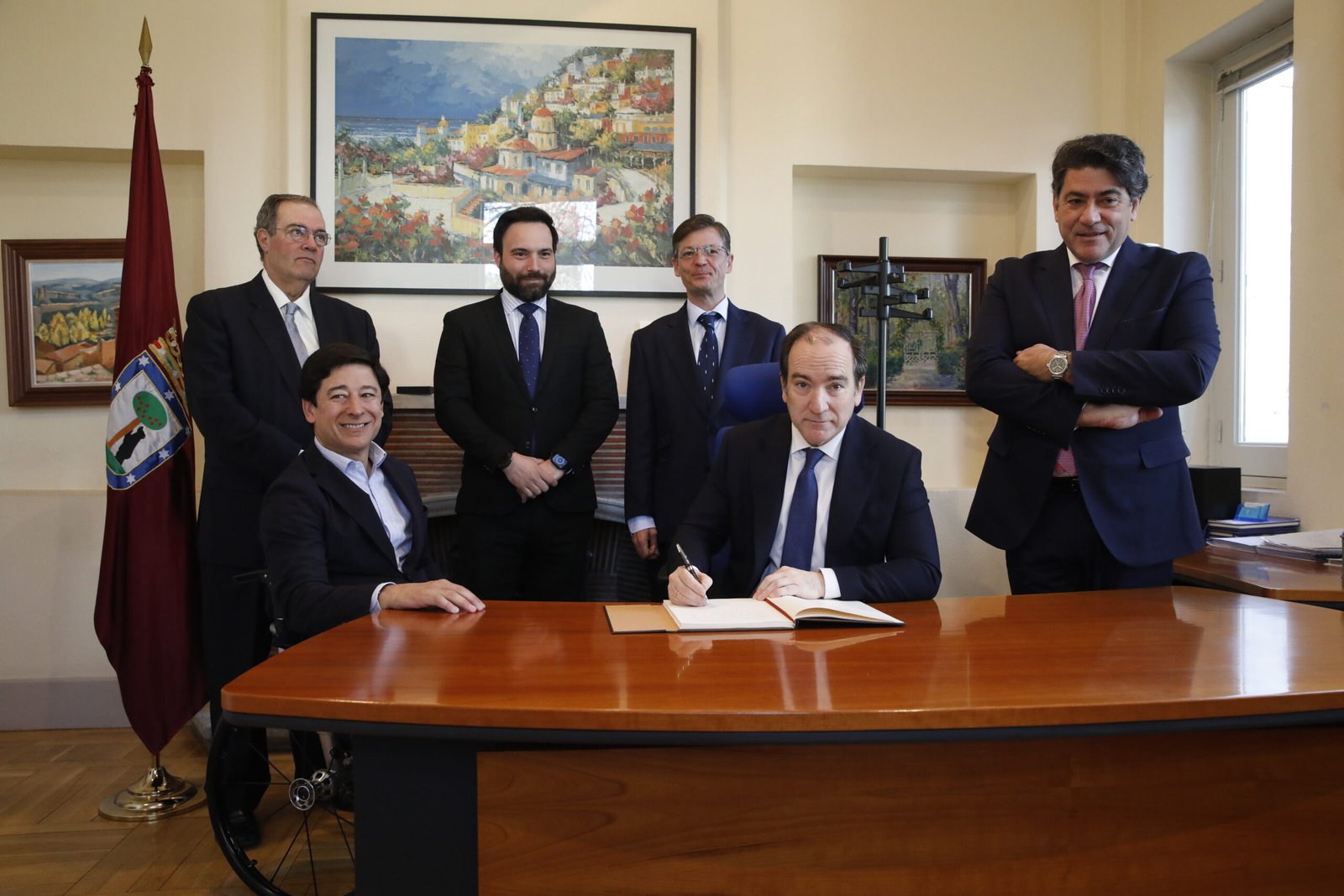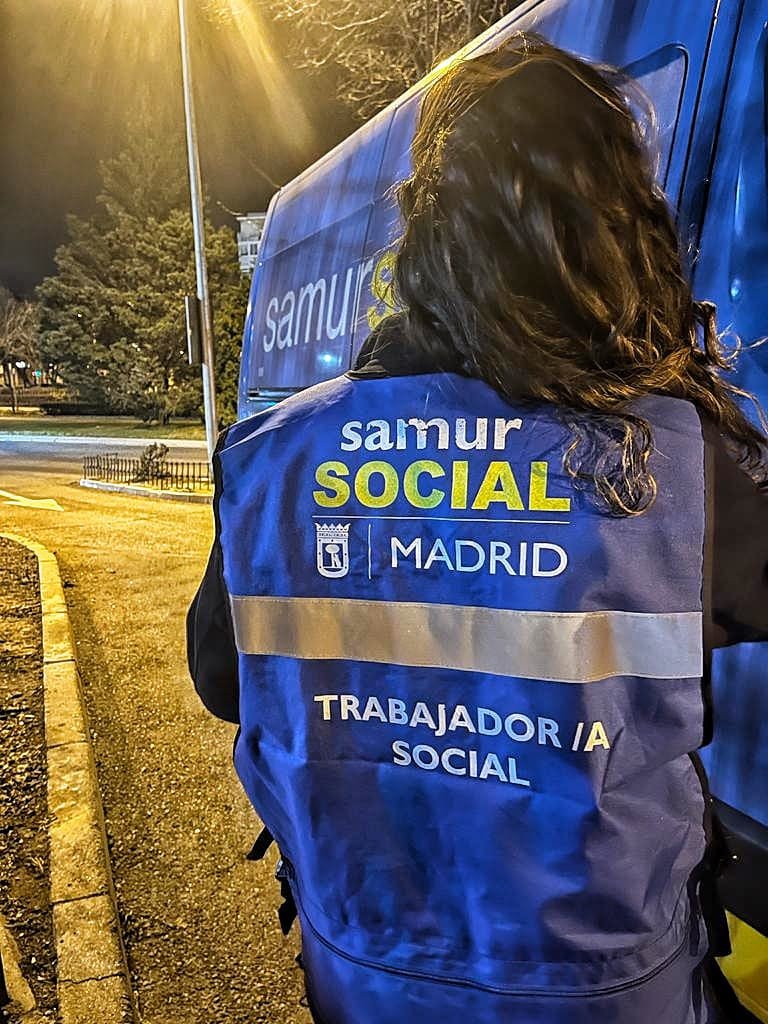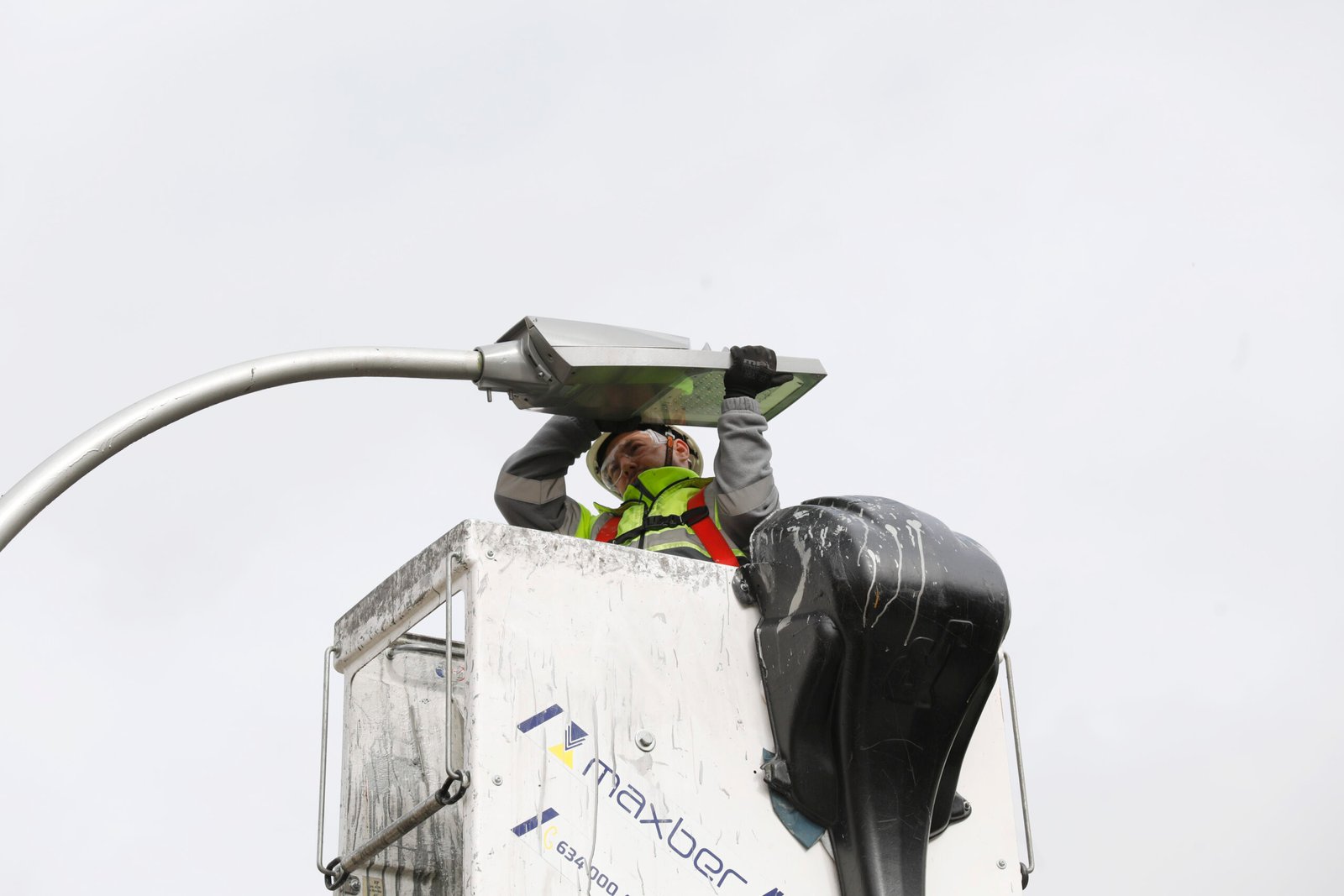The delegate of Urbanism, Environment, and Mobility, Borja Carabante, has participated in the IV Economic and Business Forum of Hortaleza ‘Next Madrid’, which seeks to promote collaboration among the economic and social agents of the district, as well as growth and innovation in the same. As explained by David Pérez, councilor of Hortaleza, the board organizing the forum, it is «a meeting place for the business sector and the public sector to build the Madrid of the future.»
During his intervention, Carabante detailed the main lines that are being carried out from the Urbanism, Environment, and Mobility Area in the city of Madrid, «which is today the world epicenter» and faces challenges «to consolidate this extraordinary moment» with several initiatives and «the ambitious challenge of approving the new General Urban Planning Plan.»
Carabante emphasized «the urgency» of approving this new regulatory framework «to develop a city strategy that adapts to the new political and social relationships that emerge and that is built with the consensus of all» through participation tables in the 21 districts and nine thematic tables that respond to the three challenges that the new PGOU has to face: housing generation, urban transformation, and sustainability.
Challenges to Transform Madrid
Regarding housing, the delegate explained that the Madrid City Council acts on various axes to alleviate supply restrictions, making available the available land to the market and unblocking urban operations «that allow the construction of more than 210,000 homes in the short term.»
Borja Carabante also highlighted the need to generate new public spaces «healthier, more sustainable, and friendlier» in consolidated areas of cities, through urban transformation operations such as the project of the Cuatro Caminos Garages, approved yesterday in the municipal plenary, «which will provide this area with 443 homes, 8,000 m2 of green areas, and 20,000 m2 dedicated to facilities.»
The last challenge is sustainability, «one of the paradigms of the growth of new cities,» since «cities that do not think green are doomed to failure.» The Madrid 360 Environmental Sustainability Strategy launched by the City Council in 2019 has made «Madrid the capital of sustainability and the least polluted of the major cities in Europe,» explained the delegate, who reaps the best air quality data, «a milestone of great importance that has allowed us to be at the forefront of sustainability.»
In the field of sustainable mobility, Carabante recalled that the Madrid 360 Strategy has transformed the Municipal Transport Company of Madrid (EMT Madrid) «and today Madrid is the city with the most electric urban buses in Europe,» renewing 60% of the fleet and creating more frequencies and more lines, «allowing 2024 to close with more than 476 million passengers, the highest figure in our history in the field of public transport.»
The delegate referred to the major infrastructure works «that will drive urban transformation and sustainable mobility» such as the tunneling of the A-5, the covering of the M-30 at the height of Ventas, and the northern area of the Paseo de la Castellana.
Economic and Business Forums of Hortaleza
These business meetings are also an opportunity for social entities in the district to present the projects they carry out, as is the case of the Aprocor Foundation, a non-profit entity that promotes an inclusive model of society through improving the quality of life of people with intellectual disabilities and their families.
The Economic and Business Forum of Hortaleza is an event organized by the district’s municipal board, in collaboration with the Madrid Business Confederation-CEOE (CEIM), the Official Chamber of Commerce, Industry, and Services of Madrid, and the business association of Manoteras ‘Next Madrid’, in which in previous editions have participated the president of CEIM Madrid Business Confederation-CEOE, Miguel Garrido, and the delegate of Economy, Innovation, and Finance of the Madrid City Council, Engracia Hidalgo. /




